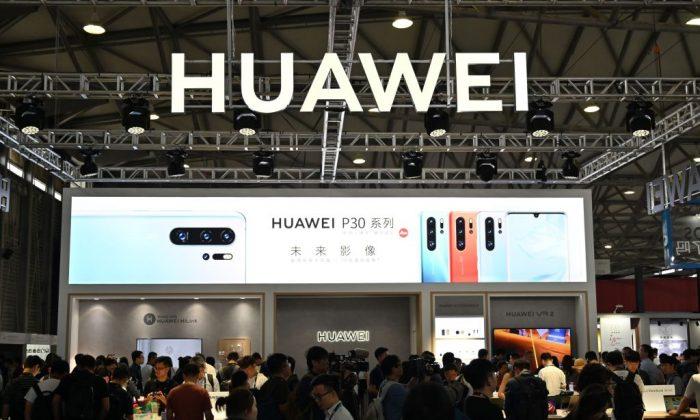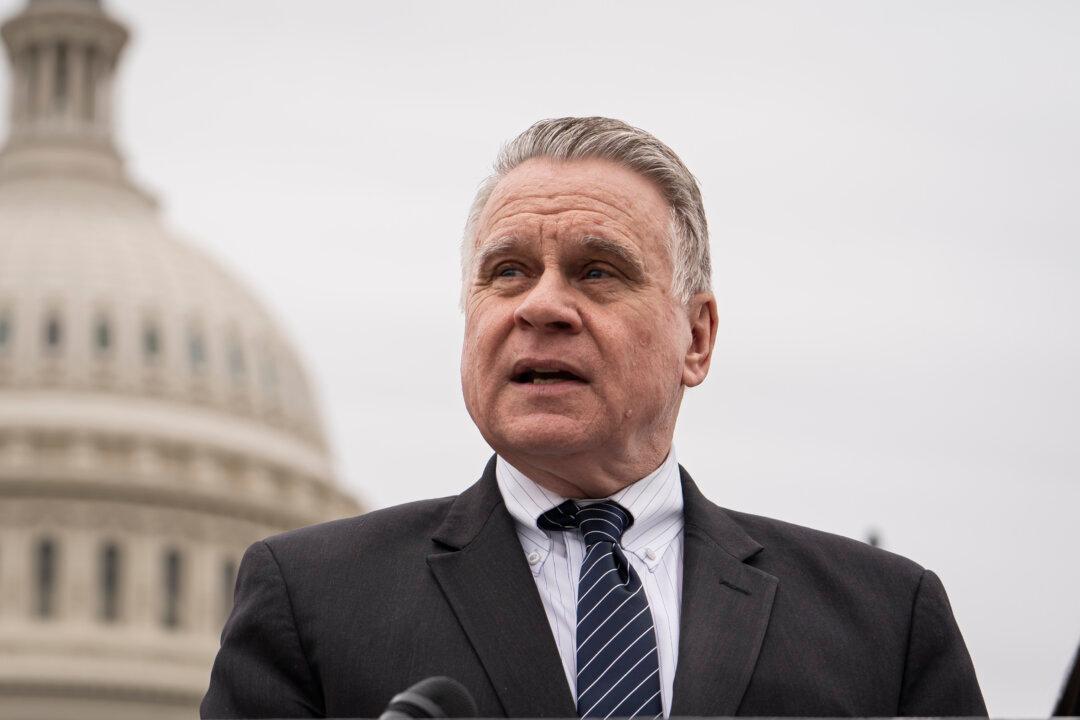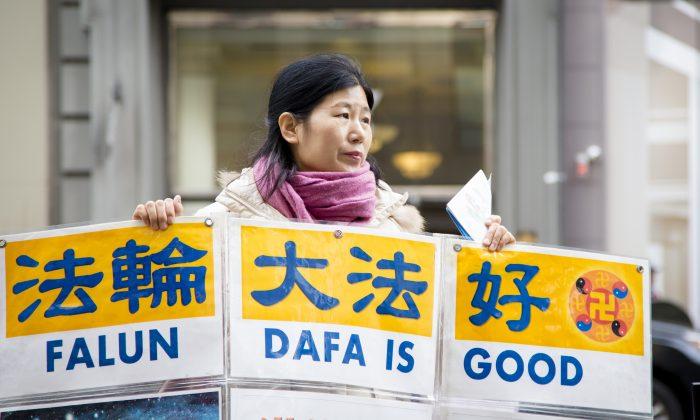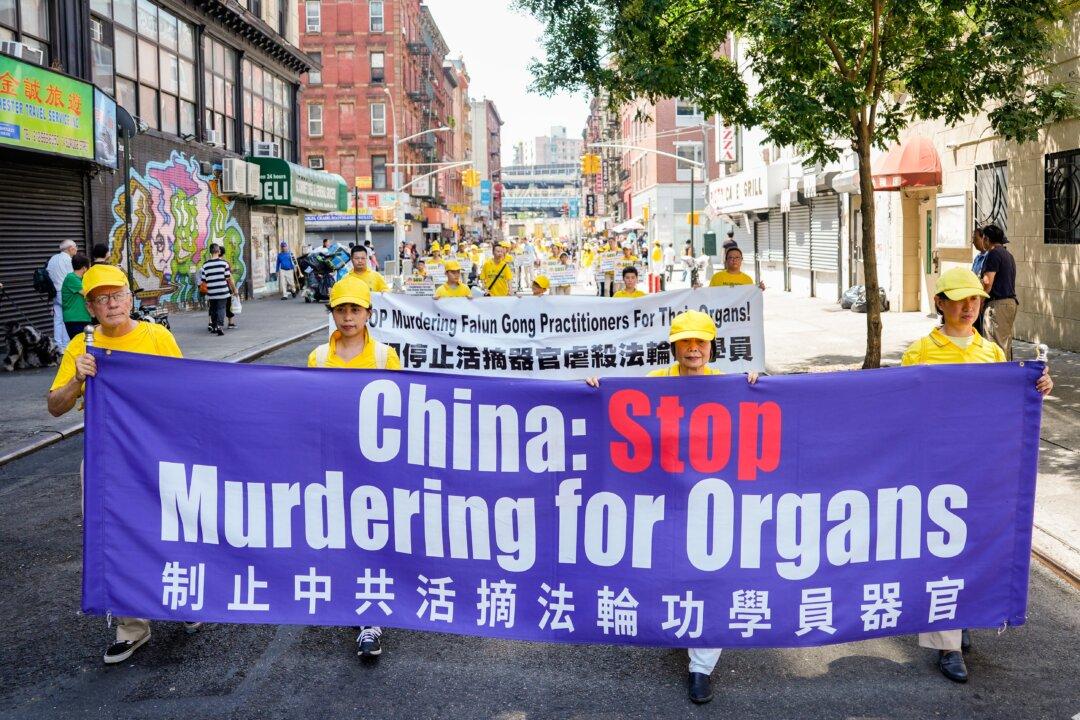After Chinese tech giant Huawei recently pulled out of the U.S. solar market and set its sights on Israel instead, U.S. Deputy Secretary of Energy Dan Brouillette warned Israel about the security risks involved with Chinese solar products.
Brouillette was in Israel from June 24 to 26 to attend an oil and gas industry event, called Cyber Week 2019, according to an
announcement by the U.S. Department of Energy.
“The data that is collected off of those solar panels could be used to determine other things. ... We would just urge caution,” said Brouillette, while speaking to reporters on June 26, according to the English-language online media
The Times of Israel.
He added that while the solar industry might appear “innocent,” certain countries, such as China, “would use infrastructure developments to develop intelligence sources or data sets that can be used against [host countries].”
He warned, “China is a particular concern for us [and] has been for some time, but what I have seen so far in Israel and in other countries is that people are recognizing the threat and they are reacting to it.”
While Brouillette didn’t identify a specific Chinese company, according to The Times of Israel, his warning came on the heels of a major solar market shift announced by Huawei.
US to Israel
Security risks associated with Huawei solar equipment have been pointed out by U.S. lawmakers before. In February, 11 U.S.
senators drafted a letter to both U.S. Secretary of Energy Rick Perry and then-Secretary of Homeland Security Kirstjen Nielsen, expressing concerns that the company’s solar inverters could pose a threat to the country’s critical energy infrastructure. They suggested that Huawei solar products be banned from the U.S. market.
A solar inverter converts DC (direct current) currents generated by solar panels when they capture sunlight into AC (alternating current) currents, which are then fed into electrical grids. Then, the electricity generated is funneled into household electrical sockets that power one’s everyday appliances such as refrigerators and washing machines.
Huawei’s solar inverters have WiFi capability.
This past week, the word was out that Huawei had exited the U.S. solar market. California-based investment company Roth Capital Partners issued a note on June 21 saying that
Huawei had completely quit the U.S. solar inverter market, laying off all of its U.S. citizen staffers and transferring non-U.S. staff out of the United States.
The
Financial Times in a June 25 report similarly said that the company shut its solar inverter business, citing unidentified sources with knowledge of the situation. An unidentified Huawei spokesperson told the FT that the company had “eliminated several positions within our U.S. representative office [for solar operations].”
Just a day later, Huawei
publicly announced that it had entered the Israeli solar market. Israeli media reported that the firm had opened a local representative office.
Israeli daily newspaper
Calcalist reported that Huawei’s main business in the Israeli market would be selling solar inverters.
Meanwhile,
the Jerusalem Post reported that Kenneth Frey, director of a Huawei solar inverter department based in Germany, had arrived in Israel and would soon be meeting with local energy industry representatives and solar energy companies.
Huawei has also inked an agreement with the UK-based Zing Energy—which acts as the Chinese firm’s representative in Israel—to install solar inverters at several solar farms in Israel, according to The Post.
Security Risks
Brouillette didn’t only warn Israel about Chinese solar products; he also warned about Chinese investment in general earlier this week.“I would urge Israel to be cautious about some of these types of [foreign] investments,” Brouillette said in an
interview with The Post on June 24. “China, in particular, represents a particular threat, not only to Israelis but to the world. Their motives are not pure. We have seen that here in the Middle East and in Africa in particular.”
“Many [Chinese] companies are directly connected to their government, and a lot of the information, such as artificial intelligence and cybersecurity, is data that is easily collected from these infrastructure projects,” Brouillette said.
He summed up by saying, “In many cases, countries are not aware that China is collecting that data or positioning themselves to literally control the infrastructure in their country.”
In particular, U.S. and Israeli officials have raised security concerns about the Sino–Israeli agreement at
Haifa, a port that provides repair and support facilities for the U.S. Navy’s Sixth Fleet. In 2015, China’s state-owned Shanghai International Port Group was awarded the contract to operate the port’s new terminal for 25 years, beginning in 2021.
Such concerns were recently included in the language of an annual defense spending
bill, the National Defense Authorization Act (NDAA), for the fiscal year 2020. The NDAA sets budgets and expenditures for the Pentagon.
“The United States has an interest in the future forward presence of United States naval vessels at the Port of Haifa in Israel, but has serious security concerns with respect to the leasing arrangements of the Port of Haifa,” the bill states.
The U.S. government should “urge the Government of Israel to consider the security implications of foreign investment in Israel,” it states.
China isn’t named directly in the bill.
The inclusion of such a warning implies that Israel could face consequences for going ahead with the deal, the Times of Israel stated in a report.
The bill has been introduced in the U.S. Senate, while it’s
set for debate in the House next month.






Friends Read Free